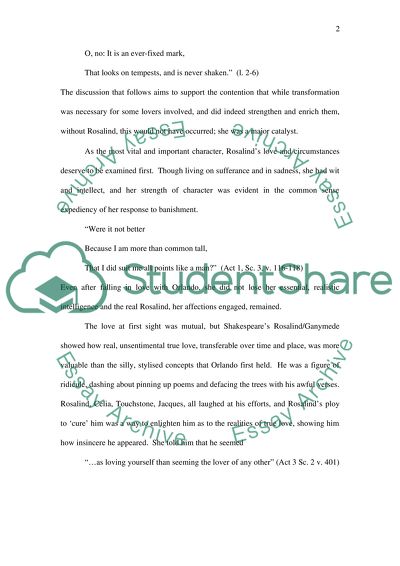Cite this document
(“As You Like It by William Shakespeare Book Report/Review”, n.d.)
As You Like It by William Shakespeare Book Report/Review. Retrieved from https://studentshare.org/miscellaneous/1526350-as-you-like-it-by-william-shakespeare
As You Like It by William Shakespeare Book Report/Review. Retrieved from https://studentshare.org/miscellaneous/1526350-as-you-like-it-by-william-shakespeare
(As You Like It by William Shakespeare Book Report/Review)
As You Like It by William Shakespeare Book Report/Review. https://studentshare.org/miscellaneous/1526350-as-you-like-it-by-william-shakespeare.
As You Like It by William Shakespeare Book Report/Review. https://studentshare.org/miscellaneous/1526350-as-you-like-it-by-william-shakespeare.
“As You Like It by William Shakespeare Book Report/Review”, n.d. https://studentshare.org/miscellaneous/1526350-as-you-like-it-by-william-shakespeare.


